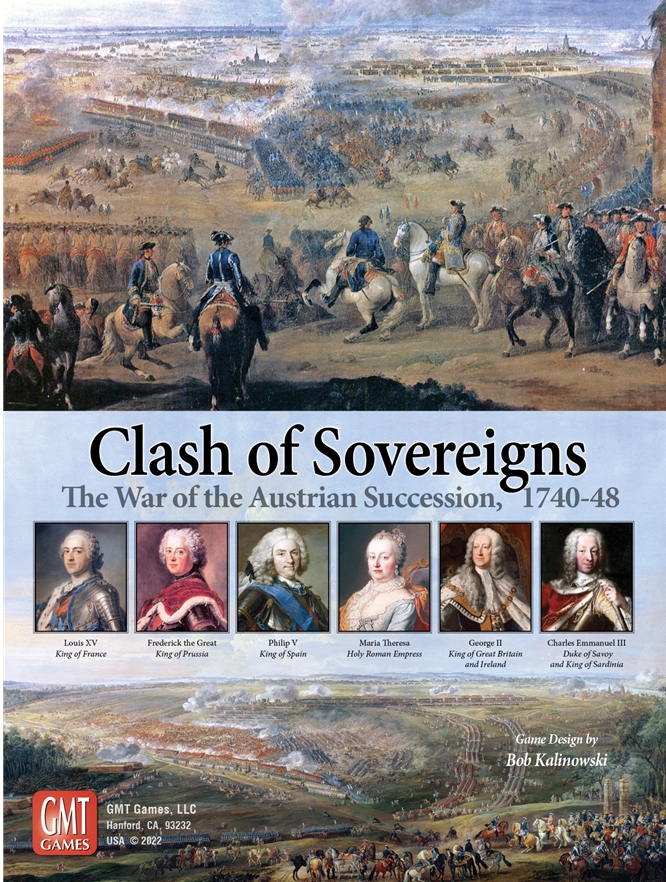It is all simple: for any purchases of products that are eligible to the Privilege Card, 10% of the value of these products before taxes will be deposited in your account and after 10 purchases, you can use the accumulated money as a gift! Hence, you can use this gift from the 11th purchase, but if you want to, you can continue to deposit savings in your account and use the gift whenever you want! You can use the gift to buy the products of your choice and the gift must be used all at once (if you have a $50 gift, you must do a purchase of $50 or more).
How can you get the Privilege Card?
En magasin, In store, just ask an employee, and on the web, leave us a message in the comment box in your next order, or just contact us.
Here are products you can put on the card:
- European comics BOOKS;
- Japanese comics BOOKS (mangas);
- Novels (English & French);
- Boardgames;
- Roleplaying games BOOKS;
- MINIATURES sold at unity (Star Wars, Dungeons & Dragons and Axis & Allies);
- Games Workshop products;
- Sports or collectible/trading game cards, on a purchase of $10 or more of single cards;
- Stamps with the exception of those from the current year. Stamps accessories are not eligible;
- Coins, with the exception of those emission price. Gold coins and bullion coins are not eligible.. Coin and paper money accessories are not eligible.
* Any other products not listed here are not eligible to the Privilege Card.
* This offer cannot be turned into cash.
* The Privilege Card cannot be added to any other promotion (products on rebate cannot are not eligible to the Privilege Card.
Also, the card is absolutely free and there's no time limit to use it. If you've already filled out your traditional privilege card (paper form), ask for our new millennium version (computer format).
No need to carry the burden of those cumbersome extra papers in your wallet anymore. You can even follow the state of your credit on every receipt.
Stock in Store
| Stores | Quantities | ||
|---|---|---|---|
|
Book at
|
QUÉBEC | 1 | |
|
Transfer at
|
LAVAL | 0 | |
|
Transfer at
|
ST-BRUNO | 0 | |
|
Transfer at
|
SHERBROOKE | 0 | |
|
Transfer at
|
TROIS-RIVIÈRES | 0 | |
|
Transfer at
|
LÉVIS | 0 | |
|
Book at
|
OTTAWA | 1 | |
|
Book at
|
POINTE-CLAIRE | 1 | |
Description
Clash of Sovereigns (COS), GMT’s 2-4 player card-driven game of the War of the Austrian Succession, has been 9 years in the making. It is a free-wheeling, faster-playing, stream-lined “nephew” of the widely-regarded Clash of Monarchs (COM).
Features:
- A 12-hour campaign game and three shorter scenarios covering 2-3 years apiece that can be played to completion in as little as three hours!
- 2-4 players.
- The French, Prussians/Spanish (“Pr/Span”), Austrians, and British/ Piedmontese (“Br/Pied”) each have their own separate card decks divided into Early, Middle, and Late war periods
- Half a dozen minor powers add their own blood and diplomatic wrinkles to the tableau – and can sometimes reshape it utterly by switching sides.
- Leaders are rated for Initiative, Offense and Defense modifiers, and Action Points.
- Distinctive national tactics and troop quality factors are ‘captured’ by Army Battle Ratings (which evolve over time) and event and Battle Tactics cards.
- A simple, but significant, naval sub-game simulates naval operations in the Mediterranean and Atlantic, including the annual Bourbon Treasure Fleet’s risky voyage home.
- Colonial conflicts in Canada and India are simulated by event cards
- Design-for-Effect economic factors are “baked into” the event and reinforcement cards and can therefore be resolved in only a small fraction of the time required by COM’s more complex economic model.
COS features asymmetrical armies with distinctive national characteristics and capabilities that have banded together in alliances that often struggle with conflicting goals. Both the Bourbons and Pragmatics will benefit – or suffer from – interactions among the various nations in their respective alliances.
The French player controls the largest, best-led army on the continent but is constrained by its limited logistical reach, King Louis XV’s quirks and maladies, court intrigue, and periodic pressure from his Spanish ally. The French will welcome the Pr/Span player’s powerful Prussian army lancing into the Austrian heartland in early/mid game but chafe under Spanish demands for cooperation and campaigning in Italy – the only place the Spanish can hope to gain the VPs necessary for victory.
The Pr/Span player is both blessed and cursed. In Prussia, he has a powerful army, Frederick’s excellent generalship, and clear objectives. Yet the politically naive Frederick can be “played” into neutrality - or out of the war completely – by wily Austrian diplomacy. Spain itself has an excellent but undersized army that so depends upon French support that the French player decides when Spanish forces will be activated for the Pr/Span player to campaign with! In order to win, the Pr/Span player needs either a Decisive Prussian victory (rare) or for both Prussia and Spain to achieve lesser levels of victory. Thus, the Prussian “frere” of 1740-1745 may become a great nuisance in 1745-1748!
The Pragmatic allies must weather the early war storms of 1740-1742, get their feet under them, and somehow gain traction to push back their powerful French and Prussian foes. They are equal to the task. The Austrian army has solid leaders and its unique Croat/Hussar light troops, which devastated enemy supply lines throughout the war, leaving French and Prussian commanders bewildered and their armies starving. Maria Theresa’s army can prevail against the French and Prussians - if it’s robustly financed to achieve maximum strength. For this, the Austrian player must rely upon the good will and immense financial resources of the Br/Pied player.
The Br/Pied player has the most subtle, difficult – and most important – role in the game. He has a high-quality British/allied army, but it is small, led by indifferent leaders, and can generally be augmented only by low-quality Dutch troops since Austria will have its hands full fighting elsewhere. Yet this mediocre, polyglot army is often the primary protector of the VP-rich Austrian Netherlands against the mighty French Marshal De Saxe! The British player must also selflessly prop up his allies by playing subsidy (reinforcement) cards, which are essential for Austria’s survival and ability to launch counteroffensives in the mid and late war periods. But the British player has a powerful fleet and, if he (literally) plays his cards right, can use it to cut off France from its overseas resources, starving it of reinforcements in the critical late war years.
The British player also controls the Kingdom of Piedmont and can win the game only if it too achieves some level of victory. Piedmont occupies a central position in Northern Italy that sits astride the routes running to the VP-rich areas in Naples and southern France and is itself the chief region where the Pr/Span player can harvest VPs. The Austrians can accomplish little in Italy without the Pieds' help, and vice versa – though they both covet the same Victory Point objectives! So if the Austrian player wants all those subsidy cards played, he may have to help Piedmont achieve its VP objectives, send more Austrian troops to defend the Netherlands, and share late war opportunities to grab VP spaces on the French-Germany border with the British.
COS’s replay value is high because the multiplicity of belligerents and theaters of operation ensure that the game will never play the same way twice. Vienna may fall to the Prussians or French; Paris and Naples may see Austrian white uniforms in their streets; and London may be beset by Bonnie Prince Charlie – or invading French troops. Will the French get Bavarian Charles VII onto the throne of the Holy Roman Empire? Will Marshal Traun and Austrian Croats take it back? Will Louis XV and George II clash in Flanders? An
CLASH OF SOVEREIGNS: THE WAR OF THE AUSTRIAN SUCCESSION (ENGLISH) is categorised BOARDGAMES / ADVANCED GAMES / TERRITORY MANAGEMENT GAMES and sold by l'Imaginaire, a store and specialised website.
Autors : Bob Kalinowski
Artists : Rodger B. MacGowan,Mark Mahaffey,Mark Simonitch
Complexity : 4.00
Language : EN
Age : 12+
Average Time : 180-720 MIN
Difficulty level : HARD GAME
Players quantity : 2-4





